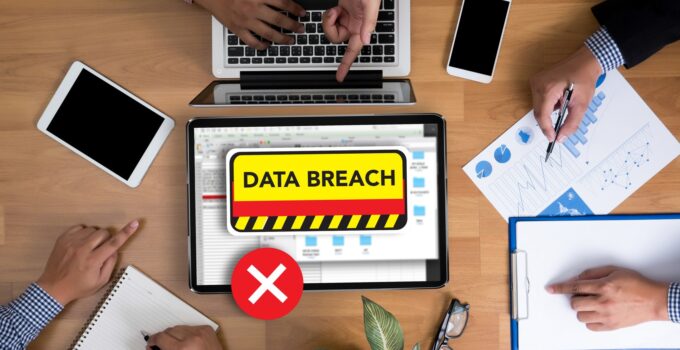Data breaches pop up left and right, and no one is safe from them. Forbes reports that small and medium-sized businesses are involved in 43 percent of all data breaches.
If you’re concerned about protecting your personal data, there are some things you can do to help ensure that your information doesn’t get stolen. Here are the top 10 ways to protect your personal data from breaches when using the internet.
1) Check your accounts
It seems obvious, but before you can protect yourself from data breaches, you need to know whether your personal information has been stolen.
Examine all of your accounts—especially those containing sensitive information like credit card numbers—for suspicious activity. Set up free credit monitoring services and double-check your account statements regularly.
Be diligent; don’t let something minor slip, or you might miss a big problem down the road. If something seems wrong, trust your gut and take action immediately.
2) Have strong passwords
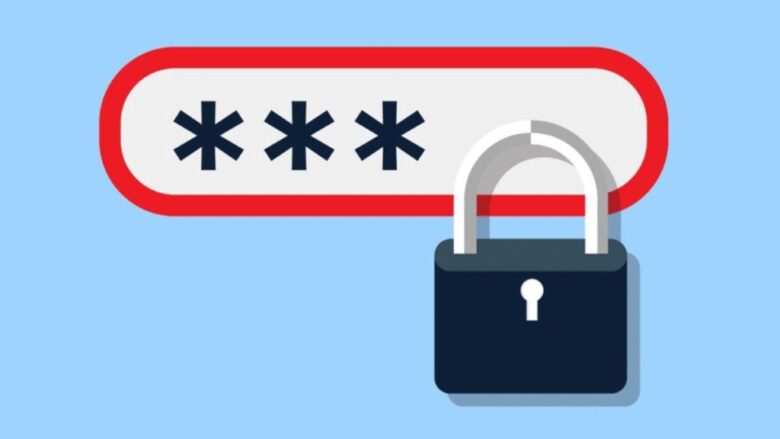
Source: dignited.com
Use longer passwords, use a different password for each account, and ensure you don’t reuse old passwords. The more complex your password is, the harder it will be to crack, even with powerful computers.
Make sure your passwords are at least eight characters long, include both letters and numbers (and special symbols if possible), and avoid using words you can find in a dictionary or everyday phrases.
If your passwords aren’t unique for each account, hackers could gain access to multiple accounts at once by guessing just one of them correctly.
3) Use 2FA everywhere
Don’t forget about two-factor authentication. This feature adds an extra layer of security by requiring you to enter a passcode from your phone or email when logging into an app or website from an unrecognized device.
If someone can get a hold of your username and password, they could theoretically hijack your accounts, which would be devastating. That’s why you should use two-factor authentication everywhere it’s available.
Also, look into setting up SMS notifications for necessary logins and activate two-factor for critical online accounts that don’t support it (like email or banking).
4) Use a Password Manager
If a service you use doesn’t offer 2FA, consider a password manager that does; that way, if one account gets compromised, all your others are protected.
Password managers allow you to create different passwords for every single account that requires one, generate strong passwords (which means they’re difficult to guess), and change them frequently. They also alert you if any of your other accounts have been breached so you can quickly change your compromised passwords as well.
It sounds like overkill, but once one of your accounts is hacked, they all are. So do yourself a favor, save yourself some worry, and make the switch to a password manager today. Because it’s not a matter of if there will be another data breach; it’s only a matter of when.
5) Report suspicious activity
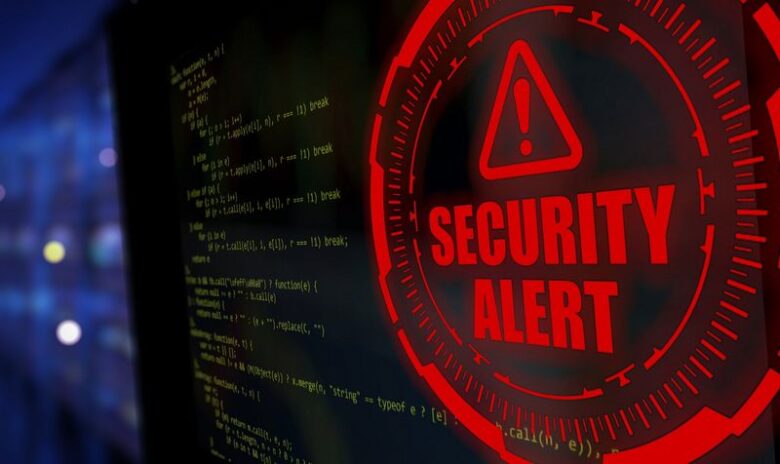
Source: av-test.org
Trust your gut, whether it’s a piece of mail that doesn’t look right or a credit card offer you know you didn’t sign up for. If something feels off, report it even if you aren’t sure if something is wrong. Every breach starts small and can be stopped before too much damage is done.
So, if you see something suspicious, say something. You can contact law enforcement directly or contact an agency like the Federal Trade Commission to file a complaint with them. Just make sure to do so as soon as possible after becoming aware of any suspicious activity. The sooner you act, the more likely someone will be able to catch whoever did it before they cause too much harm.
6) Check your bank statements regularly
Let’s say your personal data was stolen. That doesn’t just mean someone has your name and social security number; it also means they have access to your bank accounts, debit cards, credit cards, etc.
If someone is using your information to empty out your checking account, you’ll want to catch it right away so you can talk with your bank about freezing activities or closing accounts. Keeping an eye on regular statements can also help you spot fraudulent charges before they hit and wreak havoc on a monthly budget.
7) Check your credit report annually
A credit report lists all your financial accounts, and other information lenders may use to assess your ability to repay a loan. If there’s inaccurate or outdated information, you could be denied credit.
Many people do not know they can get free copies of their credit reports, so there is no harm in checking yours annually. If something looks incorrect, contact your credit bureau to find out how to dispute it.
8) Put a stop to credit cards that are stolen or lost
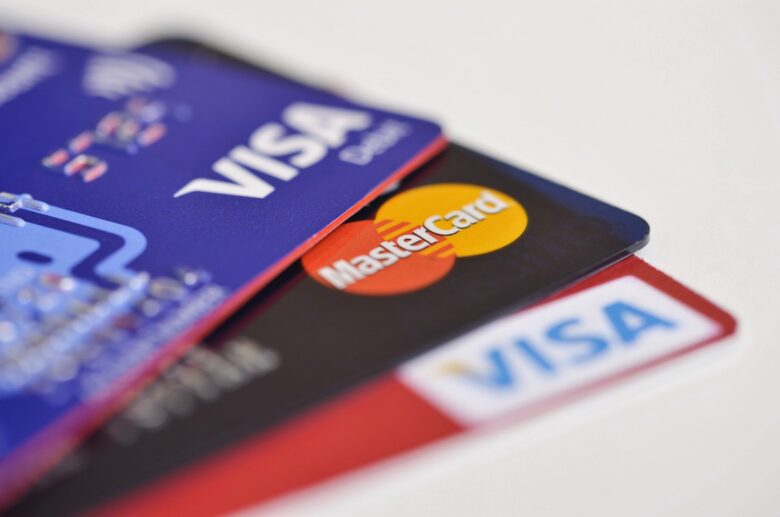
Source: investopedia.com
If your credit card is stolen or lost, contact your bank immediately to cancel it and request a new one.
Even if you call them first thing in the morning, you’ll probably be told that nothing can be done until you get home from work and that you might have to spend a couple of hours on hold before talking to someone. It’s infuriating, but don’t give up. Stick with it and make sure your card is canceled as soon as possible so no more damage can be done.
If you know where you last used your card, change any associated passwords ASAP. That will limit how much money thieves can steal with your information and reduce some of your risks.
9) Maintain privacy on social media
While social media can be a great way to stay connected with friends and family, it’s also an excellent way for people to take advantage of you.
Be wary of sharing too much personal information, and set your social media profiles so that your location is not readily available (many apps use GPS technology).
Also, before clicking on an unknown link, verify that it’s actually from who it claims to be. You could double-check your online friends’ identity on Nuwber before accepting their friends’ requests. Better safe than sorry!
10) Closely monitor online safety
Cybersecurity is a term you’re sure to hear more and more about as technology advances. Unfortunately, the internet is home to a ton of sensitive data, from passwords and credit card numbers to medical information, meaning that it’s easier than ever for hackers and cybercriminals to gain access.
Ensure you have anti-virus software installed on your computer and be mindful of what personal information you share online. By practicing good cybersecurity habits, you can drastically reduce your risk of identity theft or fraud.
Wrapping Up!
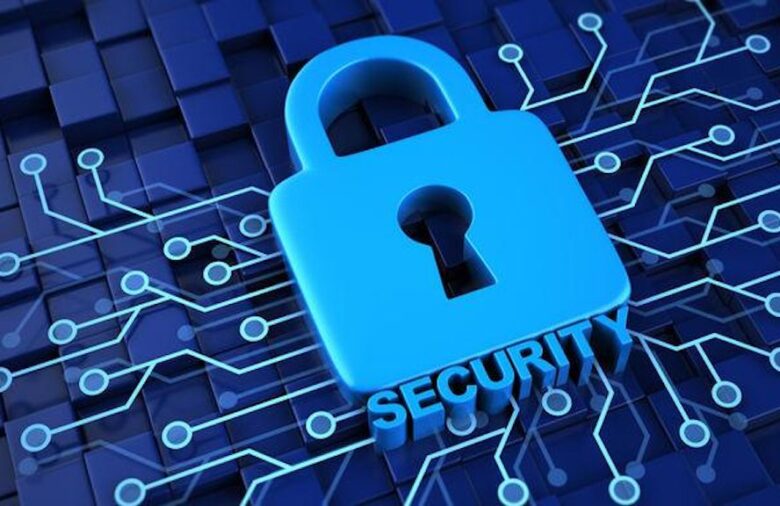
Source: chinamoneynetwork.com
Even though everyone knows that data breaches are becoming more common, it’s no consolation when your information is compromised.
The best you can do is prevent a breach in advance by keeping an eye on your personal data and following a few simple rules to help protect yourself. More often than not, breaches happen because of user negligence, so be proactive with these steps to safeguard yourself.

